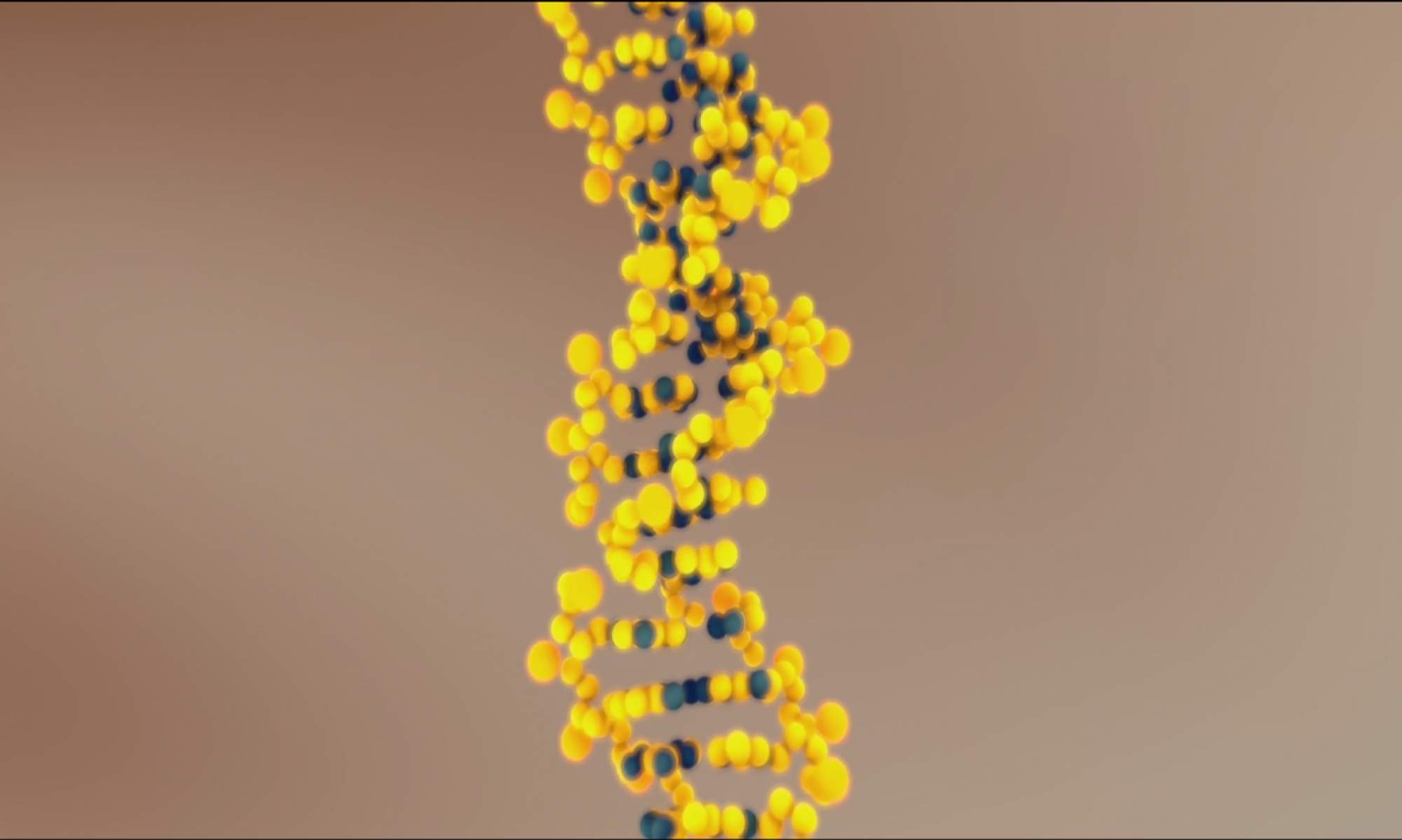National 3
The Course consists of three mandatory Units. Each of the component Units is
designed to provide progression to the related Unit at National 4.
Unit 1 – Cell Biology (National 3)
In this Unit, learners will develop their scientific skills and carry out practical and other learning activities related to the investigation of the cell, including ethical and topical issues. This develops the concept of the cell as the basic unit of life. Learners will investigate the key areas of the structure and variety of cells and their functions; the function of DNA; the risks and benefits of DNA profiling, photosynthesis; different types of microorganisms and how growth of microorganisms can be controlled.
Unit 2 – Multicellular Organisms (National 3)
In this Unit, learners will develop their scientific skills and carry out practical and other learning activities related to the investigation of multicellular plants and animals. Learners will investigate the key areas of the structure and function of organs and organ systems and their role in sustaining life; the role of technology in monitoring health and improving quality of life; body defences against disease and role of vaccines; fertilisation and embryonic development and risks to embryo.
Unit 3 – Life on Earth (National 3)
In this Unit, learners will develop their scientific skills and carry out practical and other learning activities related to the investigation of ecosystems and biodiversity. Learners
will investigate the key areas of sampling and identifying living things from different habitats to compare their biodiversity and suggest reasons for their distribution; Different types of chemicals in agriculture, the alternatives and their impact on global food production.
To achieve the National 3 Biology Course, learners must pass all of the required Units.
The required Units are shown in the Course outline section.
National 3 Courses are not graded.


